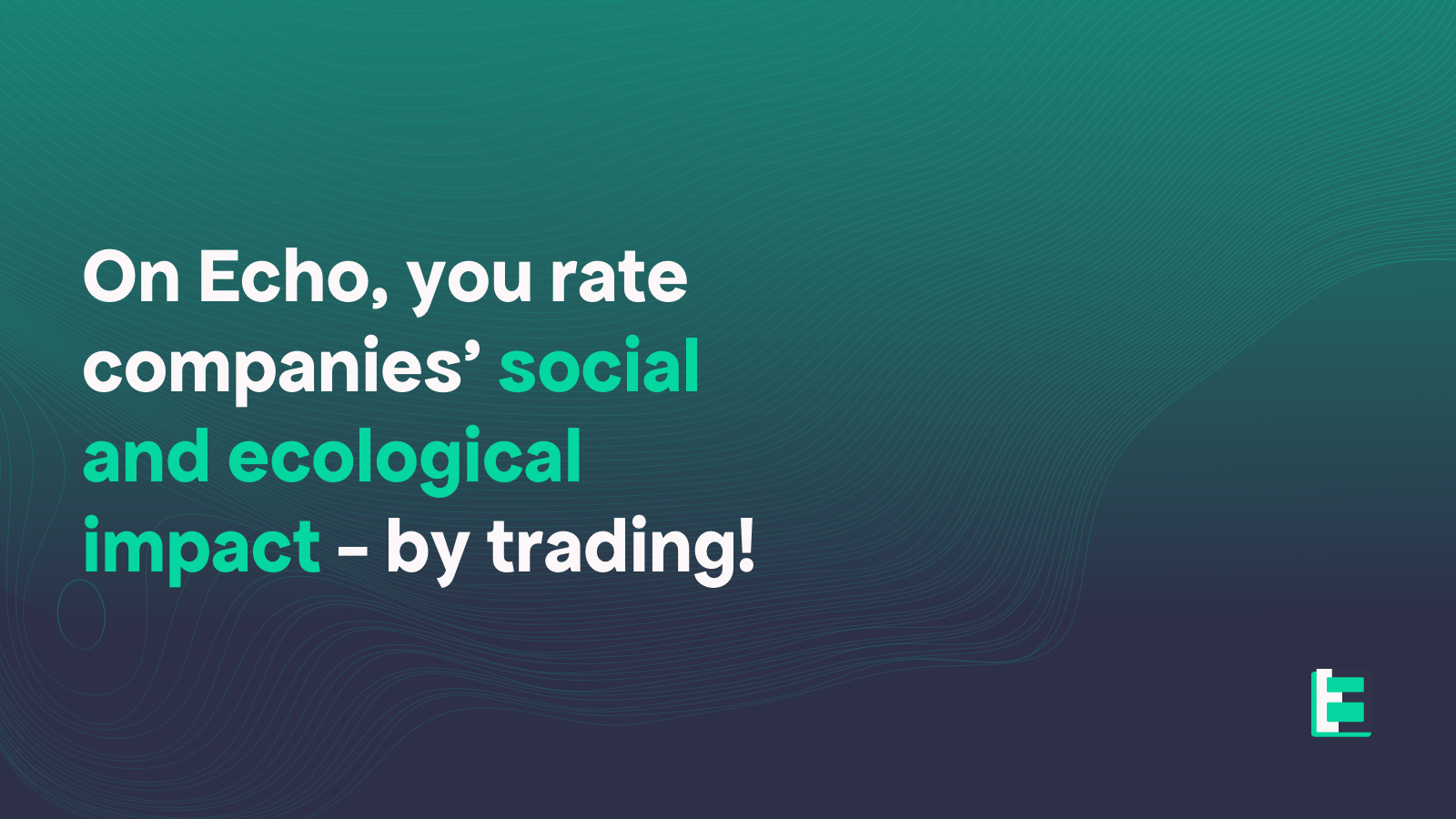What Is ESG Investing?
ESG investing is an investment strategy that seeks to consider environmental, social, and governance issues when making investment decisions. These three categories are often referred to as “ESG” because they are considered to be essential elements of sustainable development.
By incorporating ESG into your investment strategy, you’ll be able to invest in companies that are doing things right. For example, companies that are working towards sustainable development goals, such as reducing greenhouse gas emissions, are likely to be better at managing their resources than those who aren’t. Similarly, companies that respect workers’ rights and pay them fairly are less likely to engage in exploitative practices. And finally, companies that are transparent about their operations and accountable to stakeholders are more likely to be successful in the long run.
Why Should You Care About it?
The first question people ask when they learn about ESG investing is why should I care? After all, isn’t it just a fancy term for sustainable investing or impact investment? Well, yes and no. In fact, there’s no shared standard for ESG ratings (or any other ethical investment strategy for that matter..); however, if you’re looking for data to help guide your ethical investment decision, then ESG can support that choice.
Curious about Echo Impact Exchange?
Echo is a trading platform for impact rating. That’s right: you can rate companies’ impact by trading their impact certificates. Joining Echo is free for the time being and the profits you make from trading with the Echo Coin (Ǝ) will become convertible to other currencies in 2023!
ESG Investing vs. Traditional Investing
First, there is the climate aspect of investing. As the UN climate change conference 2021 in the UK put it: “To achieve our climate goals, every company, every financial firm, every bank, insurer and investor will need to change.”
But there is also a strong financial argument here: ESG investing has been growing rapidly in recent years. In fact, according to research by Morningstar, investors who follow ESG strategies outperformed traditional investments by 2% per year between 2008 and 2014. This trend will likely continue into the future.
Why you should be careful
The ESG score is, simply put, a numerical measure of how a company is perceived to be performing on a wide range of ESG levels.
The crucial word here is ‘perceived’. It means: the ESG score is calculated based on how an organisation is seen to be performing – that is, how its behaviour concerning ESG dimensions is reported. As is often the case, there is a gap between reality and perception. A firm may have a strong policy around waste reduction or carbon emission, but if that information is not publicly available it won’t impact its ESG score.
And there is another issue: there are no standards and benchmarks for ESG investing. That means: each company or rating agency can devise their own standards and metrics, rendering the term essentially useless as a label for “green investments”. The International Sustainability Standards Board (ISSB), established at COP26 within the International Financial Reporting Standards (IFRS) Foundation, seems best equipped to define a global baseline in environmental, social, and governance (ESG) reporting.
The verdict
The bottom line is: For the time being, ESG should only be one among many metrics to guide your impact investment decision. If you are interested, check out our approach at Echo Impact Exchange.
Curious about Echo Impact Exchange?
Echo is a trading platform for impact rating. That’s right: you can rate companies’ impact by trading their impact certificates. Joining Echo is free for the time being and the profits you make from trading with the Echo Coin (Ǝ) will become convertible to other currencies in 2023!




